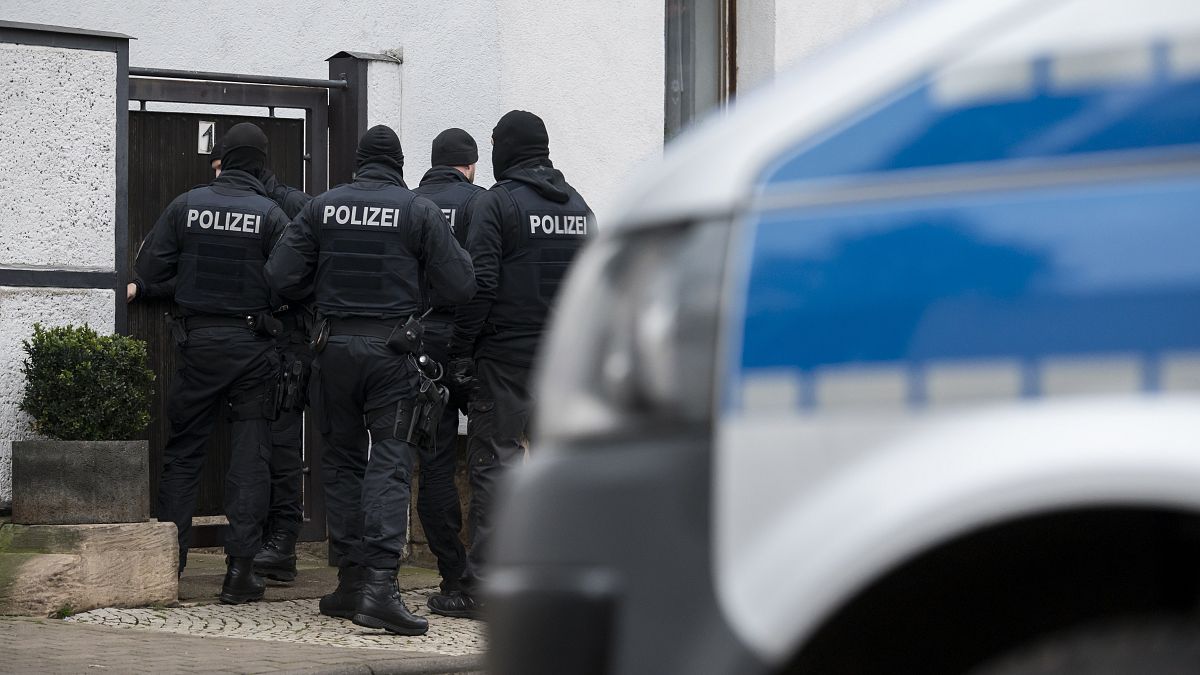The far-right group whose name means 'Northern Eagle' promoted far-right ideology via social media and reportedly planned a neo-Nazi community in the German countryside.
Germany has banned a far-right group branded as neo-Nazi by the authorities, while police carried out raids in four federal states.
A spokesman for Interior Minister Horst Seehofer described Nordadler -- which means "Northern Eagle" -- as an "extremist association" which "mainly operates online". Far-right ideology and anti-Semitism had no place on the internet, said his statement on Twitter.
The ministry said the raids took place in North Rhine-Westphalia, Saxony, Brandenburg and Lower Saxony.
The authorities say Nordadler also operates under other names such as "Ethnic Revolution", "Ethnic Youth" and "Ethnic Renaissance", whose members reportedly see themselves as followers of Adolf Hitler, using symbols and language from the Third Reich.
The group is said to have had a plan to establish a neo-Nazi community in the German countryside and promoted its ideology via social media channels such as Telegram, Instagram and Discord.
Nordadler followers took to Telegram to condone attacks such as a shooting spree in Halle last October. A synagogue was targeted during the attack, which left two people dead on the Jewish holy day of Yom Kippur.
It's the third time this year that Germany has moved to ban a far-right group. In January Combat 18 Deutschland was outlawed, accused of spreading extremism and hatred via neo-Nazi music and concerts. Then in March the group United German Peoples and Tribes was banned, the interior minister accusing it of distributing racist and anti-Semitic writings.
In both cases, the bans were accompanied by police raids in numerous German states, with propaganda material and weapons among the items seized.
Earlier this month a German court began hearing the case against two far-right extremists accused of killing regional politician Walter Lübcke, a member of Chancellor Angela Merkel's party.
Following the murder in June 2019 which shocked Germany -- and again after a mass shooting in Hanau in February this year in which nine people were killed -- the interior minister warned that far-right extremism posed a growing security threat to the country.
